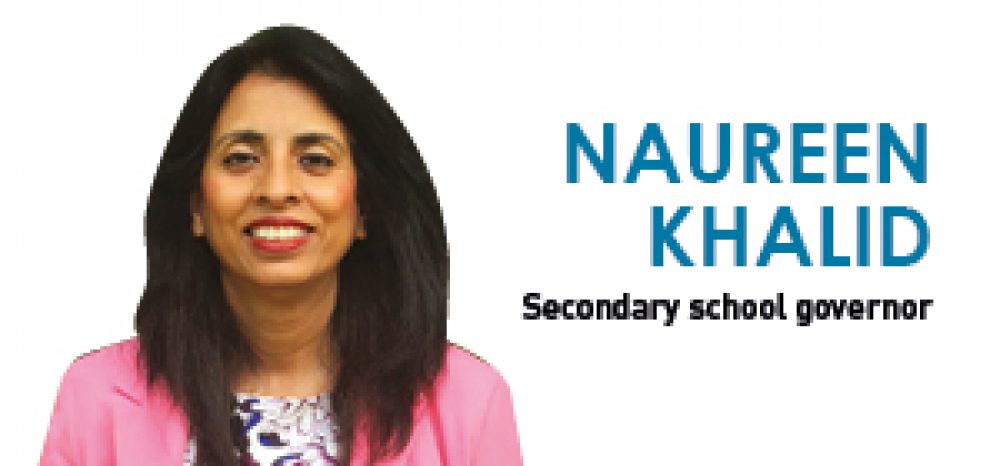This year has brought some much-needed clarity to the issue of multi-academy trust governance, says Naureen Khalid, as well as some more predictable back-and-forth on parent governors, governor pay and mandatory training.
This was the year when one of the multi-academy trusts, E-Act, took the step of renaming its local governing bodies (LGBs) somewhat more honestly, as “academy ambassadorial advisory groups. “This move highlighted the need for everyone involved with multi-academy trust governance to understand the role of the trust board and LGBs. Indeed, there is growing consensus that LGBs should be called local advisory councils (or similar) to emphasise that people serving on these councils are not actually “governors” and that real power rests with the trust board. Any power the LGBs have is at the discretion of, and delegated by, the trust board, which is why schemes of delegation are of vital importance.
Schemes of delegation are vitally important
We return to some governance topics every year. Payment for governors never totally goes away! The chief inspector, Sir Michael Wilshaw, spoke about this in 2015 and returned to the theme this year when he addressed the think tank CentreForum, declaring “we need governors who will hold schools properly to account, not who are largely concerned with furthering vested interests. And if that means paying for expertise, then we should consider paying them”.
Another recurring topic is skills versus stakeholder governance. The Educational Excellence Everywhere white paper proposed removing the requirement to have elected parent governors, which did not go down well! Most governors (and the National Governors’ Association) agree that having both stakeholder group representatives and people with the appropriate skills on the board are not mutually exclusive. This proposal was dropped later in the year.
Training is also often discussed. The NGA/TES 2016 survey reported that of the 5,000 governors who responded, only 4 per cent disagreed that induction training should be mandatory for new governors. So governors will no doubt have been happy to read what Ofsted had to say in its updated inspection handbook: inspectors will consider governors’ commitment to their own professional development when making their judgment.
The aftermath of Brexit reached the education world too, when Justine Greening became captain at the Department for Education (DfE). Nicky Morgan had previously engaged with governors and spoke at an NGA event and we hope that this will continue with Ms Greening at the helm. This is especially important as the above-mentioned survey showed that more than half of respondents (increasing from 31 per cent in 2015) were “very negative” about the direction of government policy.
Real power rests with the trust board
Two years on and ripples of the Trojan Horse case continue to be felt. Two of the Birmingham schools have been upgraded from inadequate to good; the schools placed in special measures have had changes of leadership and governance and are now “generally improving”. However, when he wrote to then education secretary Morgan, chief inspector Wilshaw emphasised that the situation remained fragile, with heads in East Birmingham reporting that the situation had “gone underground”. This was probably why the DfE now requires details of governors to be published on websites and uploaded to Edubase. Academy directors were already required to be DBS checked and maintained school governors now require enhanced DBS checks as well.
Although most boards work diligently and within the law, some academy boards did hit the headlines this year following related-party transactions and financial irregularities. Boards will have to tighten up their processes here, as these cases give the whole sector a bad name.
Ofsted is due to publish its report “Improving governance: governance arrangements in complex and challenging circumstances” any day now. It will be interesting to read what it says about governance and whether we agree with the conclusions.
To end on a happy note, 2016 was the year NGA celebrated its 10th anniversary, as it continues to work tirelessly to ensure that the views of governors are fully represented in the national arena.
Naureen Khalid is a secondary school governor







Your thoughts